When someone goes vegan, one of the first things they know they will have to give up is butter. As a dairy product made from the milk of cows (or sometimes other mammals), butter is suitable for vegetarians but never for vegans. However, as new vegans also soon discover, with veganism things are rarely that simple.
Traditional butter might never be vegan, but what about all the alternative versions of butter that are on the market? Are any of those suitable for vegans? And what about all the butters that are made specifically for vegans – how are they made, and can they even be called butters? Read on to discover all about your vegan butter options.
What is butter?
One thing all species of mammals have in common is that they produce milk to feed their babies. However, humans are the only species that drink the milk of other mammals. Some of the milk that humans take from other animals they process and turn into cream by skimming off the top layer of the milk, which is the part with the highest fat content. Sometimes this fatty cream is processed further to make butter, which consists of the fat and protein parts of the cream turned into a mixture that is semi-solid at room temperature.
The earliest butter produced is likely to have been made from sheep or goats’ milk (as these animals were domesticated before cattle). Nowadays, by far the most common butter comes from cows’ milk. But in some parts of the world different types of butter can be found, taken from animals including buffalos and yaks.
Clearly, none of these traditional butters are even remotely close to being considered vegan. Because, as I’m sure you are aware, veganism means striving to avoid the use of any animal products. However, there are lots of mainstream products that are sold as butter alternatives. Before looking at some examples of these products to test if they are suitable for vegans, let’s look into what could make a butter vegan.
What is vegan butter?
Vegan butter might sound like a contradiction in terms, given that the first definition of butter in the dictionary is “a solid emulsion of fat globules, air, and water made by churning milk or cream and used as food.” Doesn’t sound very appetizing and definitely isn’t vegan.
However, the second definition of butter in Merriam-Webster is “a buttery substance: such as any of various fatty oils remaining nearly solid at ordinary temperatures.” This is how why we can use the term butter to describe things like peanut, almond, and other nut butters, which are, of course, almost all suitable for vegans.
In addition to nut butters, there is also the modern trend of plant-based butters, that are intended to create the taste and texture of traditional butter without using any dairy products. Plant-based, vegan butters are normally made by mixing water with oil derived from plants, like olive, palm, avocado, or coconut. Additional ingredients are then added to these products to give them a buttery flavor. If the product is labeled vegan, then you can be confident that these ingredients, like salt, colorings, emulsifiers, and natural or artificial flavors, are not taken from animals.
Wait, isn’t vegan butter just margarine?
Plant-based vegan butters may indeed sound very similar to margarine. However, the key difference is that margarines are generally not made specifically for vegans, and many of them still contain small amounts of dairy. Plant-based, vegan butters are, of course, free of animal products.
Are there any other ingredients to look out for in vegan butters?
However, something to watch out for even with vegan butters are ingredients that might still harm animals in their production processes. The biggest example of this is palm oil. Technically vegan because it comes from a plant, many ethical vegans nevertheless refuse to eat it because of the links between palm oil plantations and habitat destruction in the rainforests of south-east Asia, affecting endangered species such as the orangutan.
Another key thing to look out for is food colorings. Many artificial colorings have been produced through animal testing, and therefore some vegans choose to avoid them for that reason. Common food colorings that have been tested on animals include yellow 5 (E102, also known as tartrazine) and yellow 6 (E110).
Is vegan butter healthy?
With all these oils and food colorings, you might well be asking the question: is vegan butter even healthy?
The oils used to make plant-based butters mean that they are naturally high in calories and fat. However, they tend to be higher in healthier monosaturated fats and lower in unhealthy saturated fats, when compared to traditional dairy butters. However, it does depend on the types of oil used: palm and coconut oil, for example, are both high in saturated fats.
Now let’s take a look at some of the big brands of butter alternatives on the market, to see if they are suitable for vegans.
Is Country Crock vegan?
This well-established, Kansas-based company has been in operation for over thirty years, producing plant-based butters. The typical ingredients of their plant-based varieties include things like soybean, avocado, palm fruit, and olive oils, which they mix with water and salt and, according to their website, “slow-churn to buttery perfection”.
Be careful though, some of the Country Crock products do contain dairy. Their website specifies which ones to look out for:
> Read more: Is Country Crock vegan?
“Country Crock® Plant Butter does not include dairy ingredients and is tested as dairy-free by Upfield. Country Crock® Original, Churn Style, and Calcium do not include dairy ingredients but are not tested as dairy-free. Other products, specifically Country Crock® Light and Country Crock® Baking Sticks do contain dairy ingredients. The product labels are clearly marked to help guide you through your Country Crock® spread choices.”
The other thing to be aware of is the use of “palm fruit oil” in some Country Crock spreads. This is just another way of saying palm oil (see above for an explanation of the reasons why some ethical vegans won’t eat palm oil).
Is Smart Balance vegan?
Smart Balance creates a “buttery spread” that is dairy-free. So, that should make it suitable for vegans, right? Nope. Avoiding animal products as far as possible requires lots of attention to detail. In the case of Smart Balance, the ingredients list shows that they add vitamin D to their spreads. Vitamin D obviously isn’t a problem in itself, but the source of the vitamin D that Smart Balance uses is.
> Read more: Is Smart Balance vegan?
When vitamin D is added to foods, it normally comes from lanolin, meaning that it is derived from sheep’s wool. Therefore, any Smart Balance spreads containing vitamin D are not vegan.
However, not all Smart Balance spreads contain vitamin D. Does that mean that those without it are vegan? Again, it’s not quite that simple. All Smart Balance spreads contain palm oil (see above), so while the dairy-free ones without vitamin D are technically vegan, some vegans may choose to not eat them for ethical reasons.
Is I Can’t Believe It’s Not Butter vegan?
You might not be able to believe this, but I Can’t Believe It’s Not Butter do make a spread especially for vegans. Helpfully, it’s labeled “I Can’t Believe It’s Not Butter Vegan” to make it nice and easy to find.
However, few things in the world of veganism are that simple. All I Can’t Believe It’s Not Butter products, including their vegan version, use palm oil, which they claim helps to give it a smooth and creamy texture. Because of this palm oil, some vegans will not consider I Can’t Believe It’s Not Butter Vegan to be suitable for the reasons explained above.
I Can’t Believe It’s Not Butter do claim on their website that they only use “100% physically sustainable and traceable palm and palm kernel oil”. However, many activists have pointed out that the concept of sustainable palm oil is deeply flawed because of a lack of transparency in the production processes. Indonesian campaigner Salsabila Khairunnisa has stated, “There is no such thing as sustainable palm oil.” Something for I Can’t Believe It’s Not Butter and other companies using so-called sustainable palm oil to consider.
Summary
So, what does it all mean? Obviously, regular butter is never suitable for vegans, it is a dairy product as its primary ingredient is animal milk. However, there are various butter alternatives on the market, many of which are dairy-free.
Finding such “buttery spreads” that do not contain dairy is easy. However, further checking of the ingredients list is necessary to check whether or not any other animal products might have sneaked in. Things to look out for include such things as vitamin D (which will almost certainly be derived from lanolin from sheep). But if the product is labeled vegan, then you should be confident that it doesn’t contain these things.
However, some ethical vegans will still have concerns about plant-based products that can damage animals and their habitats. A big one to watch out for in vegan butters is palm oil, food colorings can also be a concern.
Overall, though the number of genuinely vegan options in the butter market is ever-increasing. Other vegan options to look out for include Earth Balance (although they do use palm oil) and Miyoko’s Kitchen (who don’t use palm oil). I hope you’ve found this blog helpful and please let us know about your favorite vegan butters in the comments below.


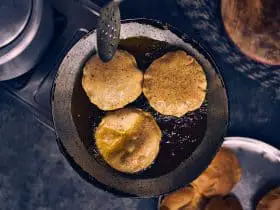
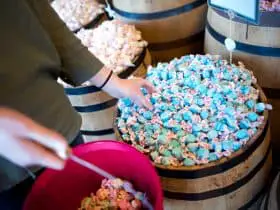
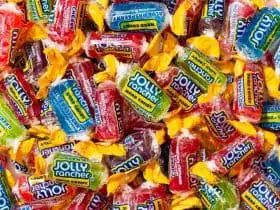
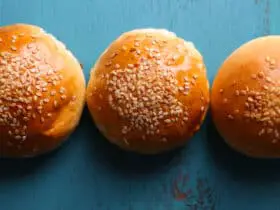
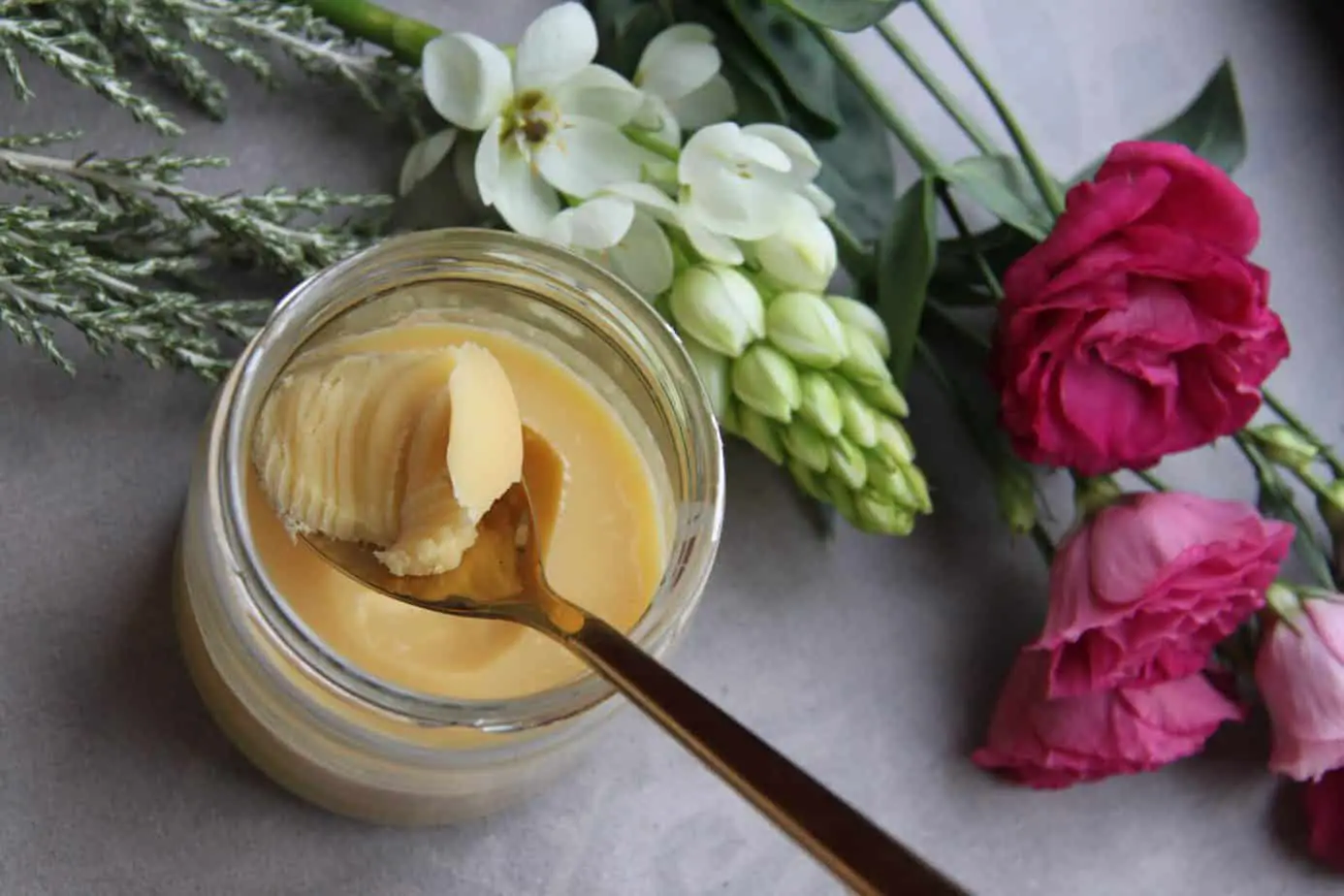
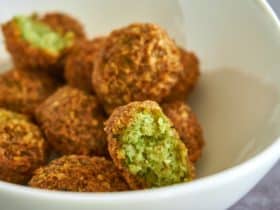
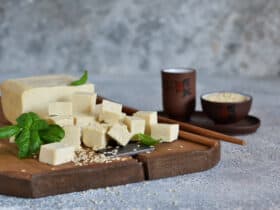
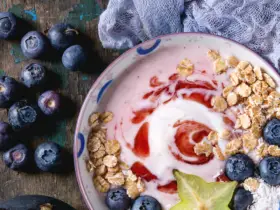
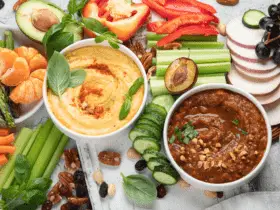
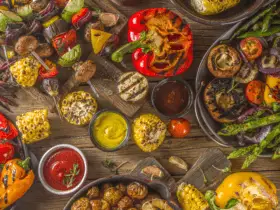
Leave a Reply